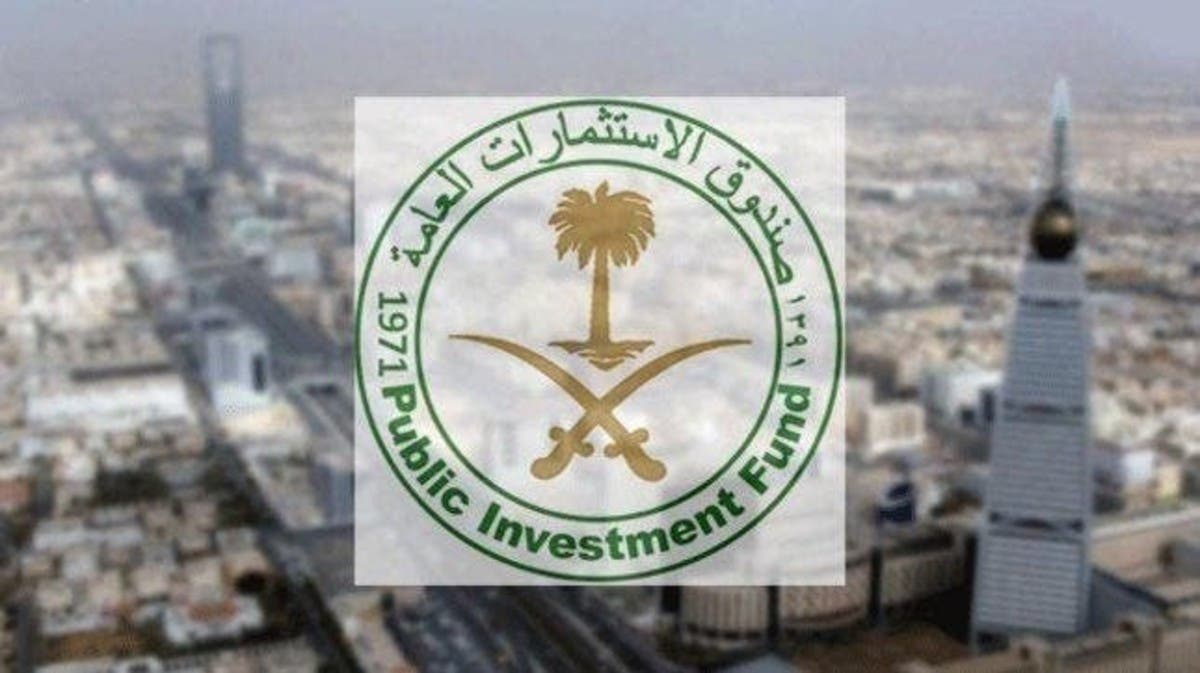Saudi Arabia’s Public Investment Fund (PIF) has announced five leading Saudi businesses have signed memoranda of understanding to become its first potential partners of the Middle East and North Africa regional Voluntary Carbon Market (VCM), the wealth fund said in a statement released late Tuesday.
Saudi Aramco, SAUDIA airlines, ACWA Power, mining and metals company Ma’aden, and ENOWA (a subsidiary of NEOM) were the five companies that signed agreements with PIF.
For the latest headlines, follow our Google News channel online or via the app.
The VCM aims to connect the supply of carbon credits with demand from investors and institutions wanting to reduce their carbon footprint by offsetting the emissions they generate.
Carbon credits are a mechanism used to reduce greenhouse gas or carbon emissions. They act as a permit to enable the owner of the credit to emit a certain amount of emissions. One credit allows the emission of one ton of carbon dioxide or the equivalent in other greenhouse gases.
The carbon credit works as a “cap-and-trade” model – a common term for a government regulatory program designed to cap or limit the total level of emissions – so when companies pollute, they are given credits, it allows them to continue polluting but only up to a certain limit. That limit is then reduced periodically and during this time, the company can sell any unneeded credits to another company that needs them.
As part of the agreements, the partners will aim to support PIF in the development of the VCM through supply, purchase and trading of carbon credits as the market is expected to be established in 2023, the statement read, adding that additional partners will be announced in the coming months ahead of an initial round of auctions expected in the fourth quarter of 2022.
“We would like to thank our Partners for their commitment to the Voluntary Carbon Market, the first of its kind in the MENA region. The support of Saudi businesses, which are world leaders in their fields, is a strong demonstration of the exciting potential of this market,” said PIF Governor Yasir al-Rumayyan.
“PIF contributes to Saudi Arabia’s efforts through driving the investment and innovation required to address the impact of climate change and achieve net zero carbon emissions by 2060,” al-Rumayyan added.
The internal decarbonization targets of private companies will also remain a priority, PIF said, adding that the VCM can effectively complement these efforts towards achieving net-zero emissions by 2060.
The move comes following the announcement of the VCM initiative by PIF and Tadawul in September 2021 where the Kingdom’s Crown Prince Mohammad bin Salman, Deputy Prime Minister and PIF Chairman, stated Saudi Arabia’s role in contributing to the reduction of the impact of climate change as part of several initiatives that were launched.
Earlier this year during the Saudi Green Initiative Forum, the Crown Prince also announced Saudi Arabia’s aim to achieve net-zero emission by 2060 through the Carbon Circular Economy approach, which is in line with the Kingdom’s development plans in the way that it enables economic diversification.
Also in line with Vision 2030, such initiatives contribute to the development of the Kingdom’s green economy, create more jobs and open up new avenues for investments in the private sector.
PIF also published its Green Finance Framework through which it set out a number of initiatives to help it achieve its goal to be a leader in environmental, social and corporate governance (ESG), including the establishment of a VCM.
Read more:
Masterplan revealed for new planned city in Saudi Arabia
Catalyze Saudi: MISA, Jada partner to bolster Saudi Arabia’s start-up ecosystem
Saudi Arabia’s Crown Prince launches new strategy for National Development Fund

 World2 years ago
World2 years ago
 World2 years ago
World2 years ago
 Entertainment7 years ago
Entertainment7 years ago
 World7 years ago
World7 years ago
 Entertainment7 years ago
Entertainment7 years ago






